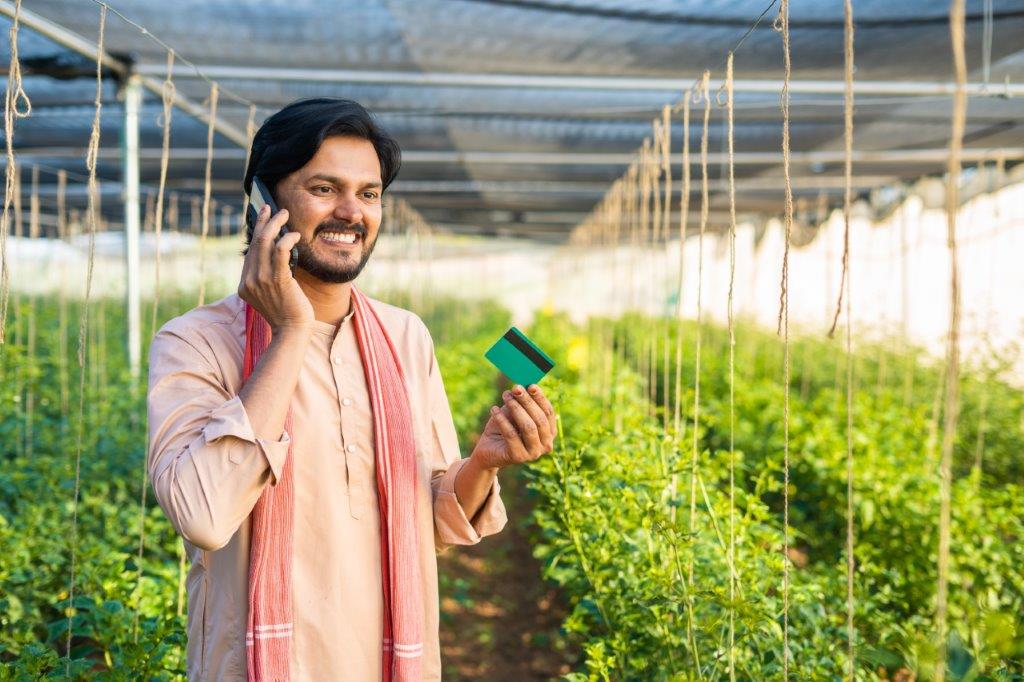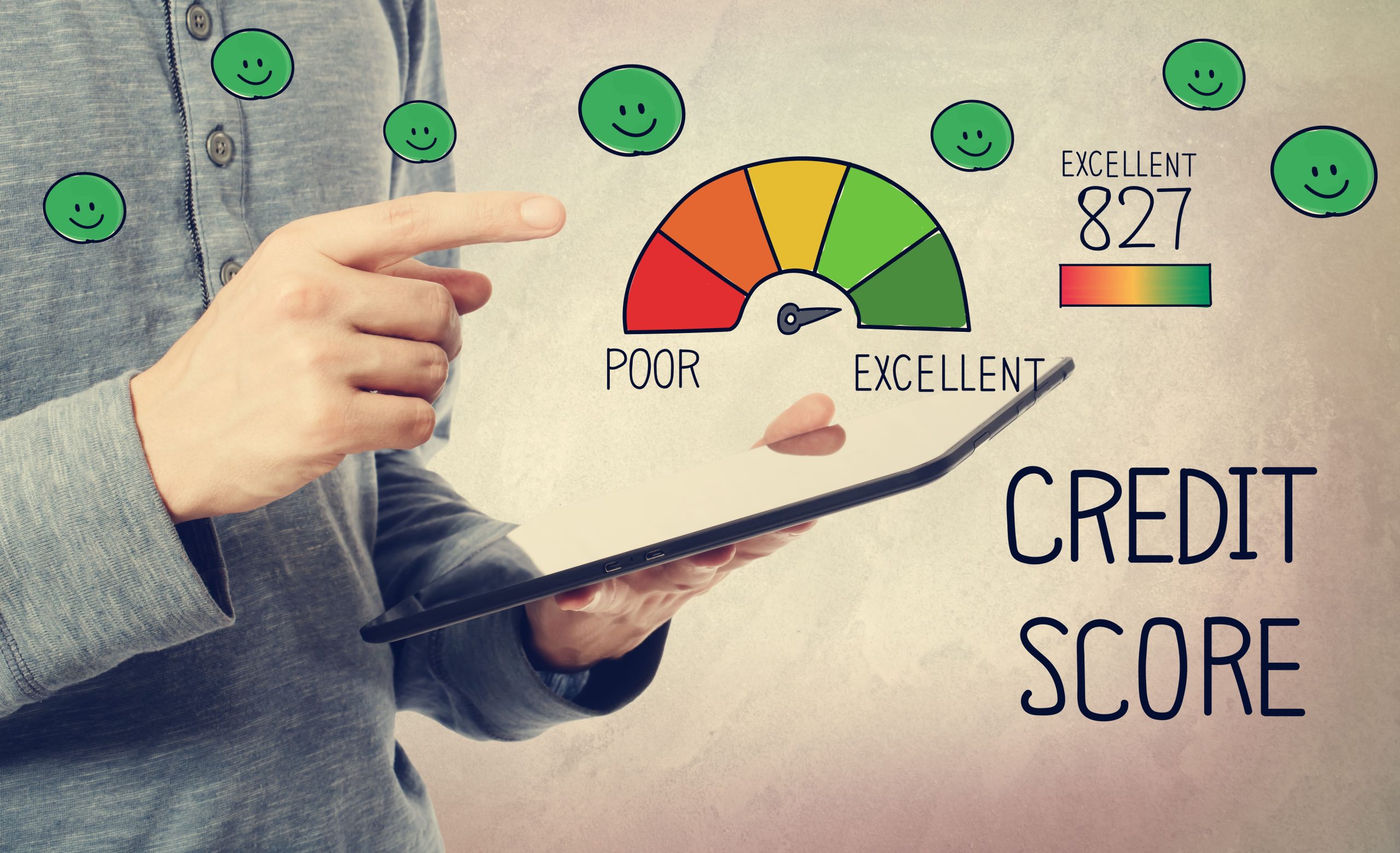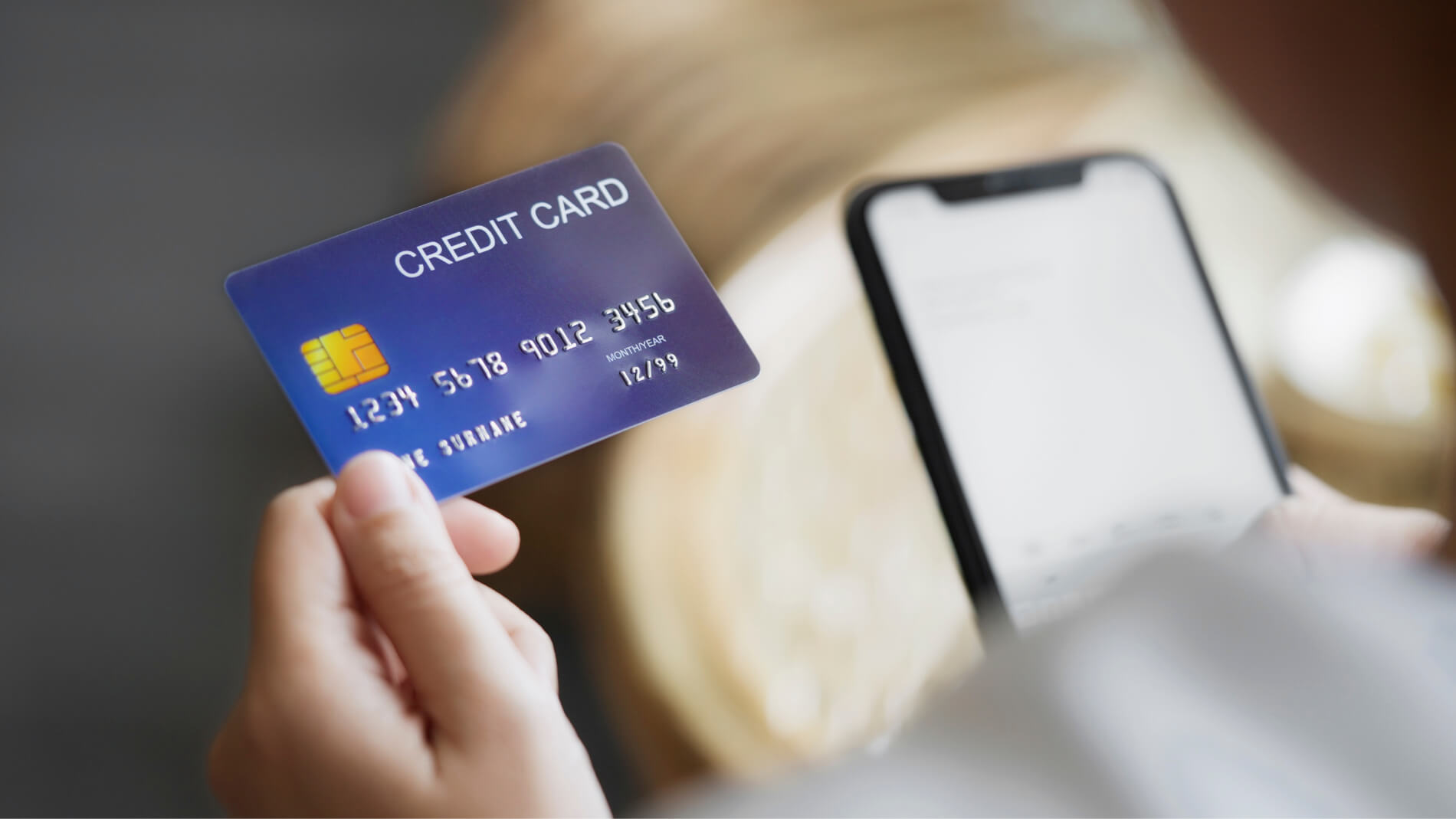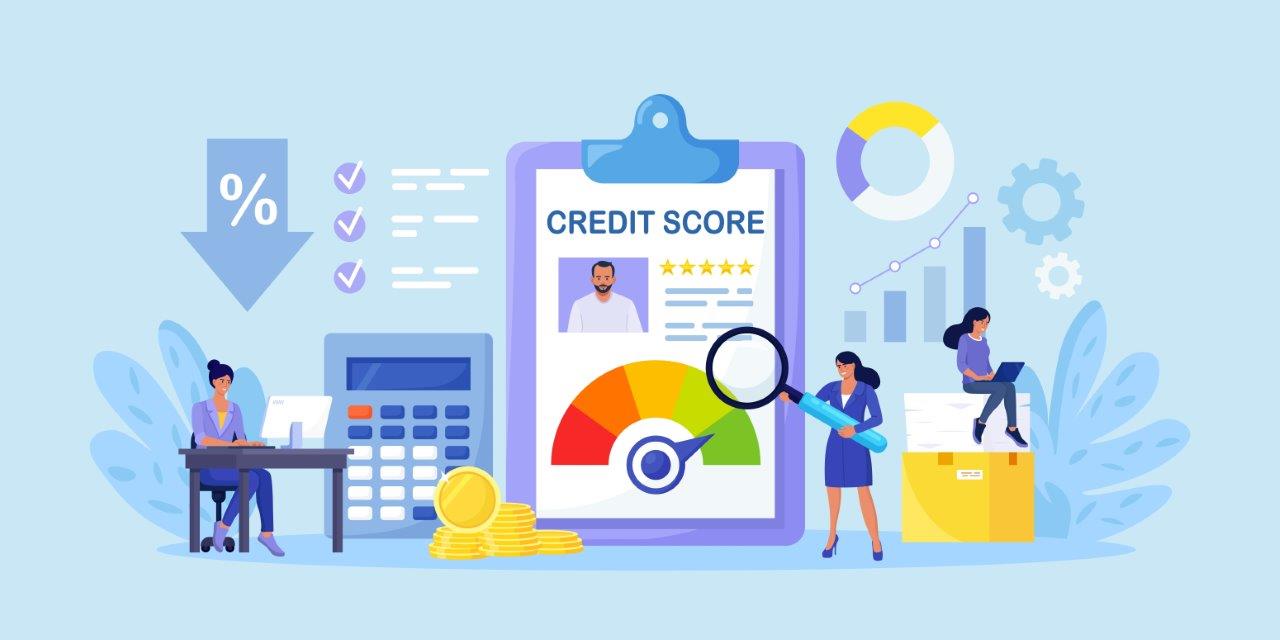FinTechs Empowering Farmers: Digitizing Kisan Credit Cards and Streamlining the Loan Process

India is a country where 50% of the population is largely dependent on agriculture for their livelihood and contributes to almost 16% of the Gross Value Added to the total economy of the country. However, easy access to both short and long-term agricultural credit requirements at regulated interest rates was a challenge for the farmers. So, in 1998 Indian banks introduced the Kisan Credit Card (KCC) prepared by NABARD (National Bank for Agriculture and Rural Development). The card came as a backbone for farmers which allowed them to purchase their agricultural needs easily and can even withdraw cash from ATM.
Despite being available for all the farming and non-farming activities, not all the farmers were able to take the benefit. From being in an underserved area of the country to not getting loan amounts on time, there are various reasons that emphasize on digitization of Kisan Credit Card.
Digitization of the Kisan Credit Card
Using a digital platform, like a website or mobile application, for application and approval is what we call the digitization of the Kisan Credit Card. Reserve Bank of India, in collaboration with different banks and fintech firms, launched this pilot project in September 2022 to help farmers cut down the time involved in the application process and approval from 3 to 4 weeks to 5 to 10 minutes. It also helps farmers save on the logistics expense of visiting bank branches multiple times.
How fintech firms are helping farmers to make the most of it?
In 2023, India witnessed the third highest fintech unicorns globally showing the sector’s potential in bridging the existing credit gap in rural areas. They assist farmers who have less or no credit score, who are facing unavailability of important documents, and who are in areas that are still untouched by banks.
• Banking at fingertips: Fintech firms bring multiple banks on a single platform. They help farmers apply for Kisan Credit Card through the app, submit their documents electronically, and get them approved by digital verification.
• Banks are your new neighbors: For technophobic or technologically naïve people, fintech brings business correspondents and BCBO (business correspondent banking outlets). These correspondents help the farmers understand the pros and cons of the credit card, apply for KCC, and enjoy the benefits of the growing digital world.
• Digital Banking Solutions: Fintech firms customize their mobile application interface for easy access by the rural population. They also help the farmers manage their KCC accounts, track their transactions, and even access the credit facilities of KCC all in one platform. The farmers can also make digital transactions through online channels using their KCC for agricultural inputs, equipment, and services.
• Easy Loan EMI Repayment: A FinTech mobile application is prompt in sending alerts when the EMI due date is closer. With messages on mobile numbers and WhatsApp, fintech firms ensure that farmers pay their EMI timely.
Streamlining the lending process
Whether a lender or a farmer, Kisan Credit Card has many questions that stick with it. A lender, when he gives a Kisan Credit Card to the farmers, questions about the unavailability of their creditworthiness because of the lack of accuracy in every data, and inefficiencies in underwriting, monitoring, loan disbursement, and collection. From a farmer’s perspective, there is always the question of if he loses the golden time of the season due to a delay in loan disbursement. But fintech firms have incorporated various ways to reduce the risk in the loan journey:
• With the simpler credit scoring models, fintech firms assess the creditworthiness of each farmer applying for KCC. This way they analyze the credit history, income stability, and crop yields while learning about the market trend, hence identifying risk profiles.
• With the data about the farmers’ geographic locations, risk profiles, and agricultural practices, fintech firms guide financial institutions in diversifying their KCC portfolios. With this habit, the firms help mitigate the concentration of risks and minimize the impact of any fraud, if it happens.
• Fintech firms have robust solutions to monitor transactions in real-time transactions and detect fraudulent patterns. This helps prevent financial loss and safeguard KCC accounts’ integrity.
Conclusion
There are more than 7.3 Crore operative KCC accounts in India but still, there are farmers who are deprived of it. Reaching every nook and corner of the country physically is not possible and digitizing Kisan Credit Card is the best way to include each farmer in the ecosystem. Realizing the impact of digitization, the Reserve Bank of India started the pilot project for a loan of less than Rs 1.60 lakh while looping in fintech firms because a fintech firm can majorly include people in the financial ecosystem even from untouched Bharat.
Other blogs

Features Of Kisan Credit Card
There is no if and but attached to the point that agriculture is the backbone of the Indian...

Short-Term Personal Loan Holding Your Long-Term Goals
Has it ever happened that you are at the end of your car-buying journey, suddenly your budget...

ABCs of Credit Scores: The Comprehensive Guide to Financial Well-Being
How was your experience when you, for the very first time, applied for a loan? Was it approved in...

4 Reasons Why Credit Cards Are Important For Your Financial Health
Get a credit card? A financial trap. Ask your parents or grandparents and you will get to hear...

Home Loan Prepayment, A Wise Decision?
Owning our own home is a dream of every Indian. A place where everything belongs to the self, a...

How Does a Good Credit Score Affect Financial Decisions?
When it comes to applying for a credit card or a loan, each factor matters. And each factor plays a...

Why Is It Better To Take A Loan From A Bank Rather Than A Money Lender?
India is the country where most of its population depends on farming and small businesses. About...

Difference Between Your Credit Score and Credit Report
Credit score and credit report are among the most talked about topics in the world of finance and...

 English
English 


